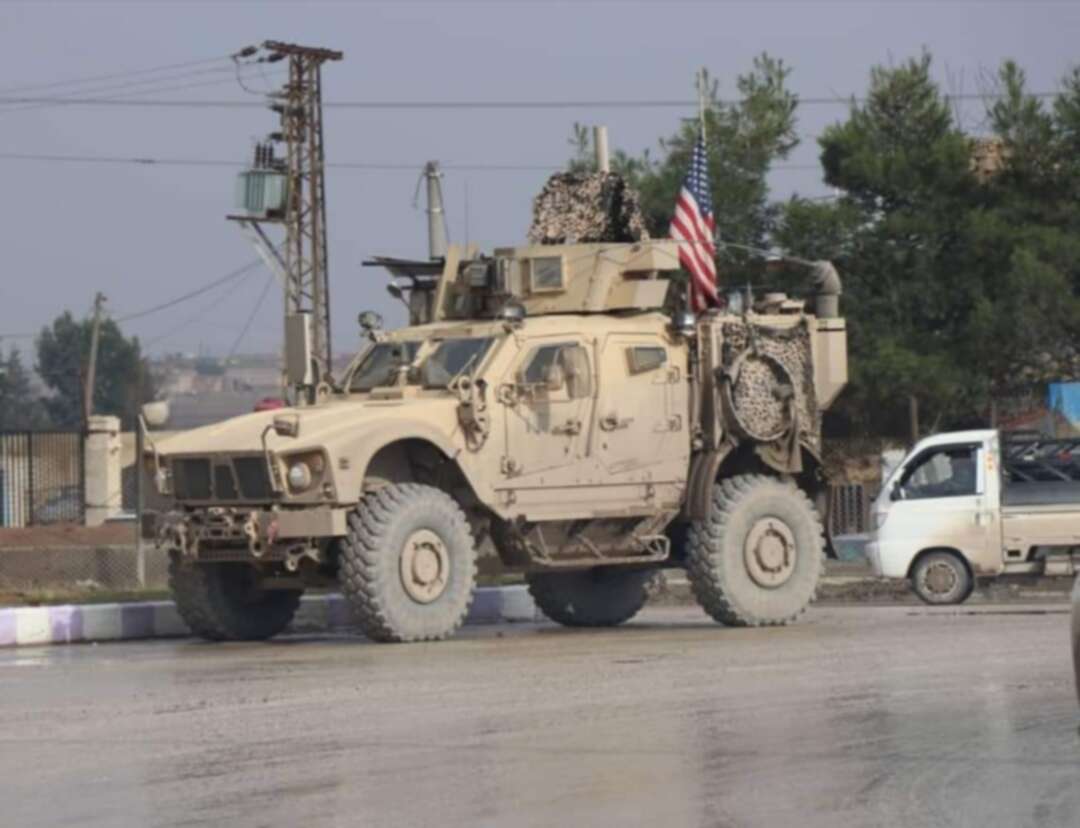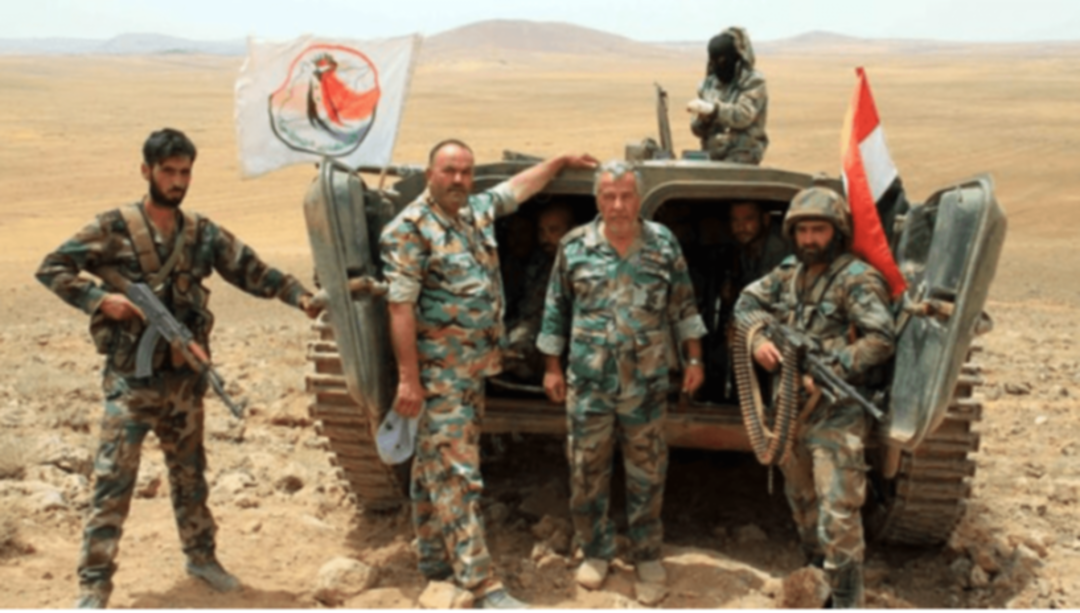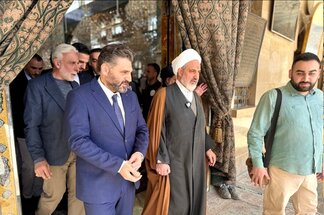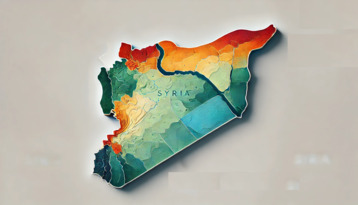-
India to lift travel advisory on Kashmir two months after crackdown
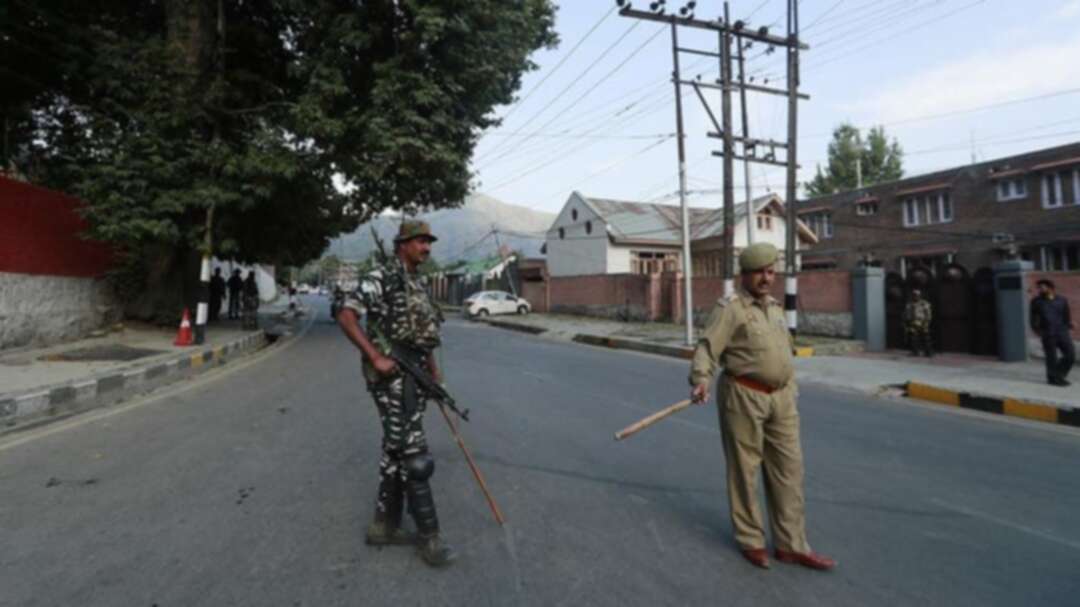
India will lift a travel advisory on the disputed region of Kashmir on Thursday, authorities said, two months after the government launched a security crackdown before removing the state’s special status.
Thousands of Indian tourists, pilgrims and workers fled the Muslim-majority state in early August after authorities issued a security alert over possible militant attacks by Pakistan-backed groups, assertions rejected by Islamabad.
Telephone and internet services were suspended and public movements restricted in some areas to prevent protests hours before India announced it had revoked the region’s special status.
Some curbs have since been lifted. Media reported on Monday that members of the main National Conference party were allowed to meet two senior leaders detained in the crackdown.
However, mobile and internet services are largely still blocked in the Kashmir valley.
The travel advisory issued on Aug. 2 will be lifted from Thursday, the government of Jammu and Kashmir said in a statement on Monday.
Kashmir touts itself as a “Paradise on Earth” and known for its mountains, glaciers and Dal Lake, a favorite destination centuries ago for Mughal emperors escaping the summer heat of India’s plains.
However, Britain and other countries still have advisories in place discouraging their citizens from travelling to Jammu and Kashmir, where a grenade attack injured 10 people on the weekend.
Kashmir is divided between India and Pakistan, and both claim the territory in full. More than 40,000 people have been killed in an insurgency in the Indian part of Kashmir since 1989.
Prime Minister Narendra Modi’s government says scrapping state’s special status was necessary to integrate it fully into the rest of India and spur development. Critics say the decision will fuel further alienation and armed resistance.
source:Reuters
You May Also Like
Popular Posts
Caricature
BENEFIT Sponsors Gulf Uni...
- April 17, 2025
BENEFIT, the Kingdom’s innovator and leading company in Fintech and electronic financial transactions service, has announced its sponsorship of the “Innovation and Sustainable Technology Solutions Competition (GU - IST Solutions), hosted by Gulf University at its main campus.
This strategic sponsorship reflects BENEFIT’s active role in advancing technological innovation and fostering sustainable solutions to future challenges. It also seeks to empower Bahraini youth by enhancing their skills, capabilities, and competitiveness in innovation and solution development—contributing meaningfully to the broader goals of sustainable development across all sectors.
As part of BENEFIT’s active involvement in the competition, the company has announced that Hanan Abdulla Hasan, Senior Manager of Public Relations and Communication, will serve on the competition’s supervisory committee. Her upcoming participation reflects BENEFIT’s forward-looking commitment to championing academic and professional excellence.
Commenting on the occasion, Hanan Abdulla Hasan, Senior Manager of Public Relations and Communication at BENEFIT, said, “We are privileged to support this pioneering initiative, which aligns seamlessly with BENEFIT’s enduring commitment to fostering innovation and nurturing the potential of Bahrain’s youth. Our participation is rooted in a deep sense of social responsibility and a firm belief in the pivotal role of innovation in shaping a sustainable future. Through such platforms, we seek to empower the next generation with the knowledge, skills, and foresight required to develop impactful solutions that address future challenges, in line with the United Nations Sustainable Development Goals 2030.”
Dr. Aseel Al Ayash Dean of the College of Engineering in Gulf University commented, “We extend our sincere gratitude to BENEFIT for their generous sponsorship and support of the Innovation and Sustainable Technology Solutions Competition. This contribution plays an instrumental role in helping us achieve the strategic goals of this initiative, namely, cultivating a culture of innovation and sustainability, encouraging efforts that address the imperatives of sustainable development, and enhancing the practical and professional capabilities of our students and participants.”
The event will bring together a diverse spectrum of participants, including secondary school students, university undergraduates, engineers, industry professionals, entrepreneurs, academic researchers, and subject matter experts representing a wide range of disciplines.
The competition seeks to inspire participants to develop and present innovative, sustainable technologies aimed at addressing pressing environmental, social, and economic challenges. It encourages the formulation of business models that integrate advanced technological solutions with core principles of sustainability. Moreover, it serves as a platform for emerging leaders, entrepreneurs, and innovators to contribute to the advancement of the Sustainable Development Goals, promote the ethos of responsible technology, and demonstrate its transformative potential across various sectors.
Attendees will have the opportunity to view a series of project presentations submitted by participants, covering diverse areas such as eco-friendly product design, smart and sustainable innovations, renewable energy technologies, water conservation and management, waste minimisation and recycling, green architectural solutions, and sustainable transportation systems. Outstanding projects will be formally recognised and awarded at the conclusion of the event.
opinion
Report
ads
Newsletter
Subscribe to our mailing list to get the new updates!


